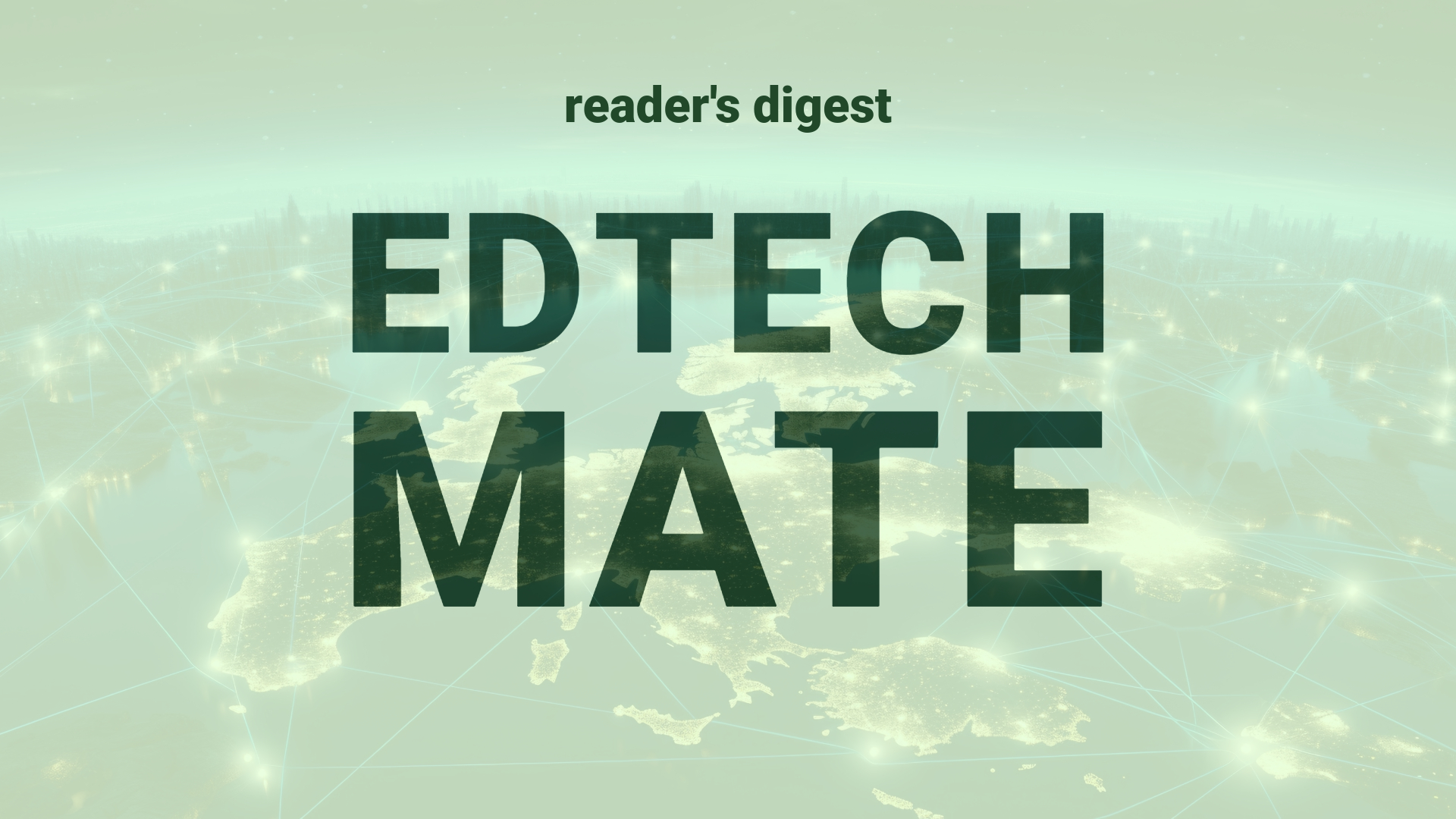Executive Summary and Main Points
The international education sector is poised to witness significant shifts due to key innovations at the intersection of Artificial Intelligence (AI) and global democracy. Industry titans like Microsoft, Google, Meta, and other tech vanguards have coalesced to fortify democratic processes against AI-crafted misinformation – especially deepfakes – which mimic stakeholders and augment false electoral information. This consortium’s resolve is encapsulated in an alliance announced at the World Economic Forum, with a particular focus on the impending global elections impacting over four billion individuals across 40+ countries. OpenAI’s newly launched AI-generated video model, Sora, magnifies this transformation, promising tools for an unprecedented age of digital content creation. Their binding commitments stress model risk assessments, content detection measures, and transparent public engagements. These initiatives symbolize a seismic shift towards ensuring safe elections, thus upholding the bedrock of democracy in the digital era.
Potential Impact in the Education Sector
The concerted push against AI-fabricated misinformation could reverberate through multiple education strata. In Further and Higher Education, the academe is likely to leverage this initiative to inculcate critical digital literacy, fomenting students’ discernment of authentic and falsified content. For Micro-credentialing, such alliances can bequeath a boon, imbuing these bite-sized, skill-specific educational units with integrity and safeguarding them from fraudulent misrepresentation. The commitment may also inspire strategic partnerships between educational institutions and tech conglomerates to innovate curriculum and foster a generation adept in contending with AI complexities, thus nurturing digitally responsible citizens.
Potential Applicability in the Education Sector
Amidst this landscape, AI’s role in education burgeons – from auto-generating tailored educational content to furnishing multi-modal learning experiences. Sora-like tools could enhance learning by crafting vivid, educational media on-demand, personalizing content in tandem with learner’s grasping needs. Additionally, AI could be employed to track and flag educational content that deviates from factual standards, thus maintaining informational integrity. Beyond this, AI’s potential to adapt into multilingual education tools portends its utility for a globally dispersed student populace, reflecting a truly inclusive learning paradigm.
Criticism and Potential Shortfalls
This alliance, while groundbreaking, is not immune to criticism. The efficacy of such voluntary commitments is questioned when pitted against the pace of AI advancements and the scale of deepfakes proliferation. The digital divide might skew these initiatives’ benefits, allowing misinformation to fester unchecked in less technologically-equipped regions. Ethically, concerns mount about AI-generated educational materials potentially encroaching on academic freedoms or eroding traditional pedagogical practices. Culturally, there’s fear of homogenizing educational content, disregarding localized nuances. These factors necessitate a balanced, holistic strategy inclusive of diverse educational contexts.
Actionable Recommendations
International education leaders should take heed of these still-nascent but rapidly coalescing AI developments. Starting with integrating AI literacy into the curriculum, they must propel faculty and student engagement with AI ethics and its implications. Strategic alliances with tech enterprises could yield mutual benefits – from research ventures to internship programs. Incubating an ethics-of-AI framework within campuses can foster a future cadre equipped to tackle the multifaceted challenges AI portends. Lastly, bridging the digital divide, through equitable tech access, remains a paramount objective, ensuring that these remarkable tools translate into universal, not just selective, educational enablers.
Source article: https://www.cnbc.com/2024/02/16/tech-and-ai-companies-sign-accord-to-combat-election-related-deepfakes.html

